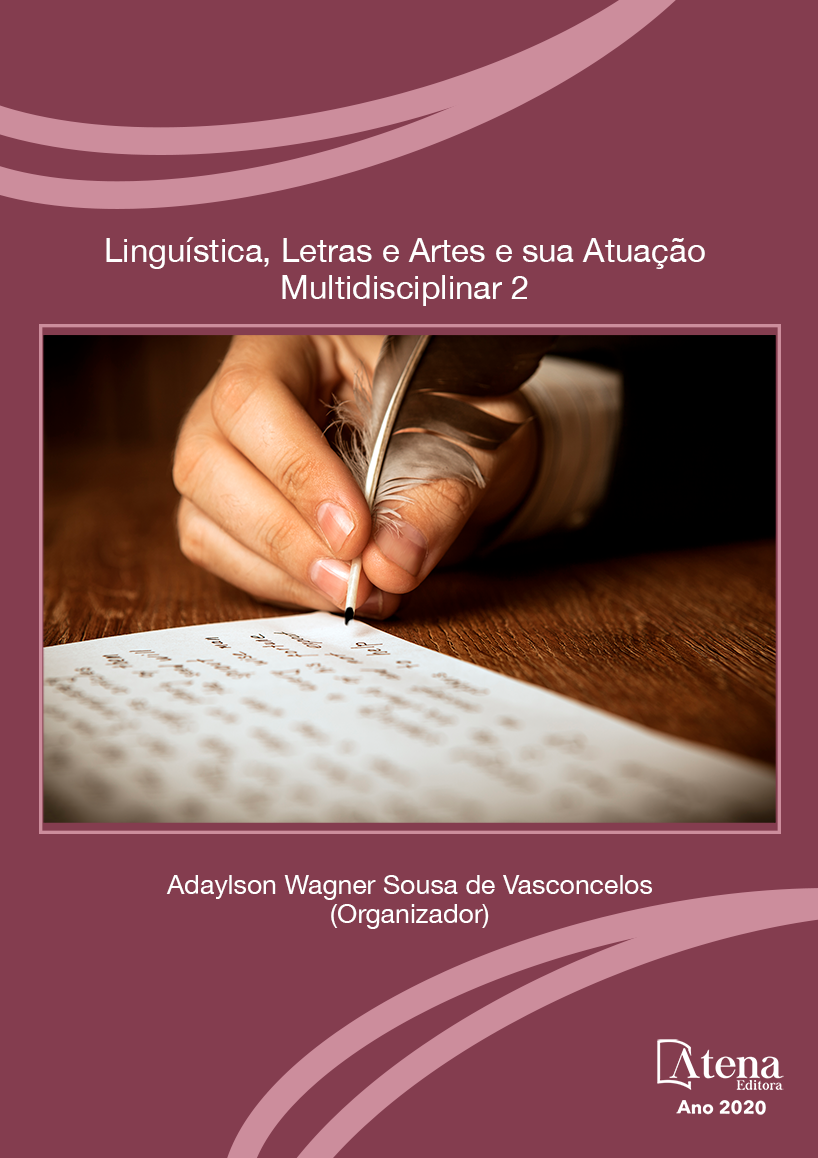
Gêneros textuais e docência compartilhada, uma prática ao auxílio do processo ensino e aprendizagem
Esta pesquisa tem como objetivo apresentar as contribuições do uso de gêneros textuais, na docência compartilhada, em um turma de 1º ano, do Curso Técnico em Agropecuária Integrado ao Ensino Médio, do Instituto Federal Goiano – Campus Urutaí. O método submetido é a pesquisa-ação em uma abordagem qualitativa. A metodologia se dá com a aplicação de três textos – crônica Vida em Manchetes, Luís Fernando Veríssimo, o conto Oração do Milho, Cora Coralina e o romance Vidas Secas, capítulo Contas, Graciliano Ramos –, a sequência didática de Schneuwly e Dolz (2004) foi tomada como modelo e norteou esse processo. A execução das atividades pedagógicas se deu em três momentos – total de doze aulas –, cada gênero textual teve a participação de dois grupos de professores, área do ensino médio e técnica. Assim, como observado pelos teóricos da linguística textual e os PCN’s (1997), que o ensino de língua portuguesa é por meio de textos, percebe-se na docência compartilhada, que o texto é fundamental para a aprendizagem do educando em qualquer disciplina, seja da área técnica ou não. Percebe-se que o ensino com gêneros textuais é de fundamental importância no processo de ensino-aprendizado do educando. Afinal, o trabalho em sala de aula com os diversos gêneros contribui para o aluno ter acesso à língua em funcionamento, o que permite ao aprendiz maiores condições para receber e produzir diversos textos, constituídos em áreas diversas do conhecimento.
Gêneros textuais e docência compartilhada, uma prática ao auxílio do processo ensino e aprendizagem
-
DOI: 10.22533/at.ed.0672023079
-
Palavras-chave: Gêneros textuais; Docência compartilhada; Ensino-aprendizado.
-
Keywords: Géneros textuales; Enseñanza compartida; Enseñanza-aprendizaje.
-
Abstract:
This research aims to present the contributions of the use of textual genres, in shared teaching, in a class of 1st year, of the Technical Course in Agriculture Integrated to High School, from the Federal Goiano Institute - Campus Urutaí. The method submitted is action research in a qualitative approach. The methodology occurs with the application of three texts - chronicle Vida em Manchetes, Luís Fernando Veríssimo, the short story Oração do Milho, Cora Coralina and the novel Vidas Secas, chapter Contas, Graciliano Ramos -, the didactic sequence by Schneuwly and Dolz (2004 ) was taken as a model and guided this process. The execution of the pedagogical activities took place in three moments - total of twelve classes -, each textual genre had the participation of two groups of teachers, high school and technical area. Thus, as noted by the theoreticians of textual linguistics and the PCN's (1997), that the teaching of the Portuguese language is through texts, it is perceived in the shared teaching, that the text is fundamental for the learning of the student in any discipline, be it technical area or not. It is noticed that teaching with textual genres is of fundamental importance in the student's teaching-learning process. After all, working in the classroom with different genres contributes to the student having access to the working language, which allows the learner greater conditions to receive and produce different texts, constituted in different areas of knowledge.
-
Número de páginas: 14
- CLEBER CEZAR DA SILVA


